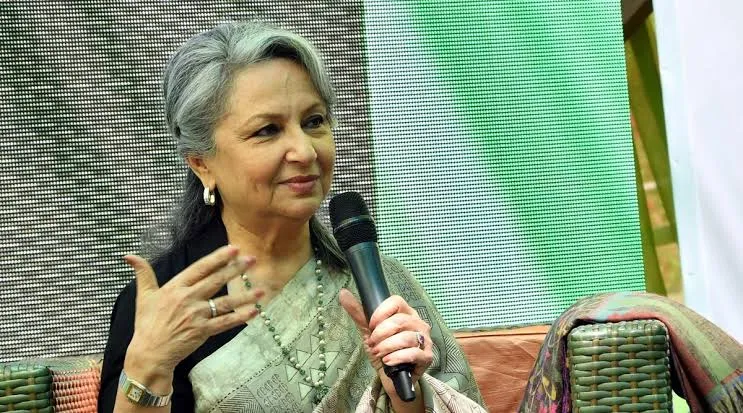Iranian President Masoud Pezeshkian has rejected the prospect of direct negotiations with the United States over the country’s nuclear program, following a letter from U.S. President Donald Trump urging Iran to reach a new agreement.
Iran’s Position on Talks
“We responded to the U.S. president’s letter via Oman and rejected the option of direct talks, but we are open to indirect negotiations,” Pezeshkian said during a Cabinet meeting broadcast on Iranian television.
He stressed that Iran’s reluctance to engage in direct dialogue stems from what Tehran perceives as repeated U.S. breaches of past agreements, particularly Trump’s unilateral withdrawal from the Joint Comprehensive Plan of Action (JCPOA) in 2018.
“We don’t avoid talks; it’s the breach of promises that has caused issues for us so far,” Pezeshkian said. “They must prove that they can build trust.”
The JCPOA, signed in 2015, offered Iran sanctions relief in exchange for curbs on its nuclear program and oversight from the International Atomic Energy Agency (IAEA). The U.S. withdrawal and reimposition of sanctions under Trump’s “maximum pressure” strategy led Iran to gradually step away from the deal’s restrictions.
Trump’s Threats of ‘Bombing’
In a recent interview with NBC News, Trump warned of severe consequences if Iran does not agree to a new nuclear accord.
“If they don’t make a deal,” Trump said, “there will be bombing. It will be bombing the likes of which they have never seen before.”
Trump also claimed that U.S. and Iranian representatives were engaged in discussions, though Tehran has not confirmed this. The White House and State Department have not commented on Pezeshkian’s remarks or Iran’s rejection of direct negotiations.
Trump’s letter to Supreme Leader Ayatollah Ali Khamenei, delivered on March 12, echoed his diplomatic outreach during his first term, such as his letter-writing to North Korean leader Kim Jong Un. However, Iran’s leadership has historically dismissed such overtures. When late Japanese Prime Minister Shinzo Abe attempted to deliver a message from Trump to Khamenei in 2019, Iran’s supreme leader publicly ridiculed the effort.
Regional Tensions and Military Escalations
The dispute over Iran’s nuclear program unfolds amid broader regional unrest, including the ongoing Israel-Hamas war and U.S. airstrikes targeting Iranian-backed Houthi rebels in Yemen. Iran has maintained its nuclear activities are for peaceful purposes, but a February report from the U.N.’s nuclear watchdog indicated Tehran has accelerated its enrichment of uranium to near weapons-grade levels.
Both Israel and the United States have vowed to prevent Iran from acquiring a nuclear weapon, raising fears of a potential military confrontation. Trump’s renewed threats heighten these concerns, particularly as Iran’s leadership remains firm in its stance.
Pezeshkian’s rejection of direct negotiations also reflects Iran’s broader shift in policy following Ayatollah Khamenei’s February directive, which warned against engaging with Trump’s administration. Pezeshkian, who campaigned on a platform of re-engagement with the West, has since hardened his rhetoric in line with the supreme leader’s stance.
Iran’s skepticism toward Trump is further compounded by the U.S.’s 2020 drone strike in Baghdad that killed top Iranian general Qassem Soleimani. American officials have alleged that Iran has plotted retaliation against Trump, an accusation Tehran denies, though Iranian officials have issued various threats against him.
ALSO READ: ‘There Will Be Bombing’: Trump Warns Iran Amid Nuclear Deal Stalemate






















